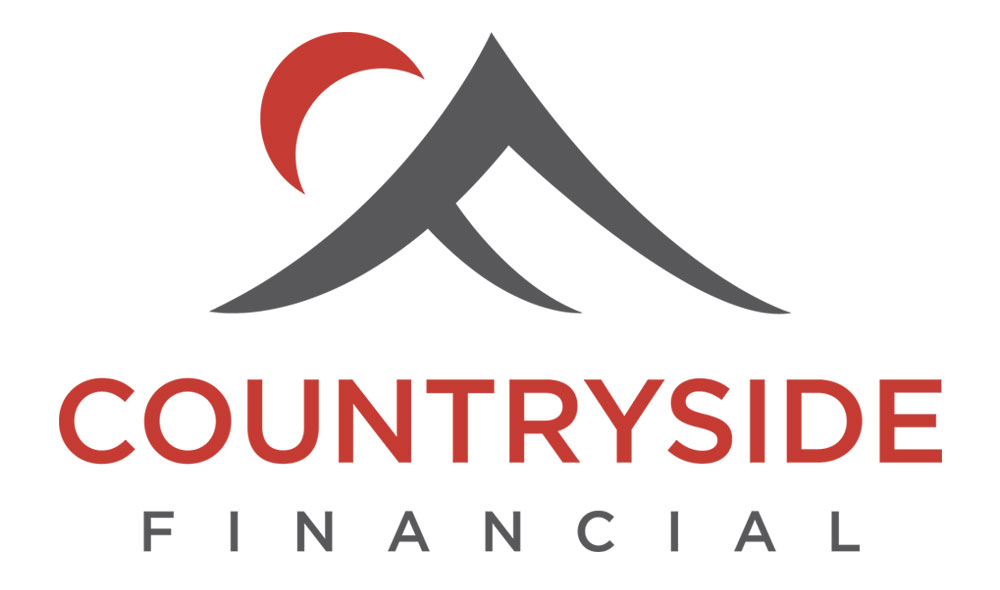Top Mortgage Stories of 2019
Liberal Government Launches First-Time Home Buyer Incentive
Love it or hate it, the First-Time Home Buyer Incentive—or FTHBI for short—was likely the second-most referenced term after “stress test” since the program was first announced in March. The incentive was launched in September and provides first-time buyers with an interest-free down payment contribution of up to 10% in exchange for giving up a matching percentage equity share in their home.
RRSP Home Buyers’ Withdrawal Limit Increased
At the same time the FTHBI was unveiled in the Liberals’ spring budget, it was also announced that the RRSP Home Buyers’ withdrawal limit was being raised to $35,000 from $25,000. The changes to the program also allow first-time buyers in the same household to combine their withdrawals to access up to $70,000 for their down payment, and starting in 2020 the program will be eligible to those who split from their spouse or common-law partner, even if they are not first-time buyers.
2019 Closes Without a Bank of Canada Rate Cut
Floating-rate mortgage holders hoping for a Bank of Canada rate cut this year were left disappointed as the bank sat on the sidelines leaving the overnight target rate at 1.75%. A strong domestic economy was enough to outweigh concerns over a slowing global economy and trade tensions throughout the year. The odds of a rate cut have been continually pushed further out, and market odds now only suggest a 30% chance of a cut by mid-2020, according to Westpac.
Falling Mortgage Rates
Those shopping for a mortgage towards the latter half of the year were treated to fixed rates near two-year lows—even below most variable rates. Qualified borrowers shopping for an insured 5-year fixed rate in September could find rates as low as 2.39% vs. 3.24% in January. That’s a savings of $43.14 per month per $100,000 of mortgage, or more than $4,000 over the five-year term. Economists at National Bank said the “free-fall in financing costs” seen this year was the most substantial since the third quarter of 2010.
Real Estate Recovery
With housing supply at record-lows and prices rebounding in most parts of the country, 2019 can be called the turnaround year for Canadian real estate. Home sales improved more than expected over the second half of 2019, and were on track to complete the year with a total of 486,000 sales—a 6.2% increase from 2018. Average home prices were also on track to end the year at around $500,000, up 2.3% from 2018, according to the Canadian Real Estate Association.
Source: Canadian Mortgage Trends
Candace Perko
Mortgage Broker
Countryside Financial
www.countrysidefinancial.ca


























